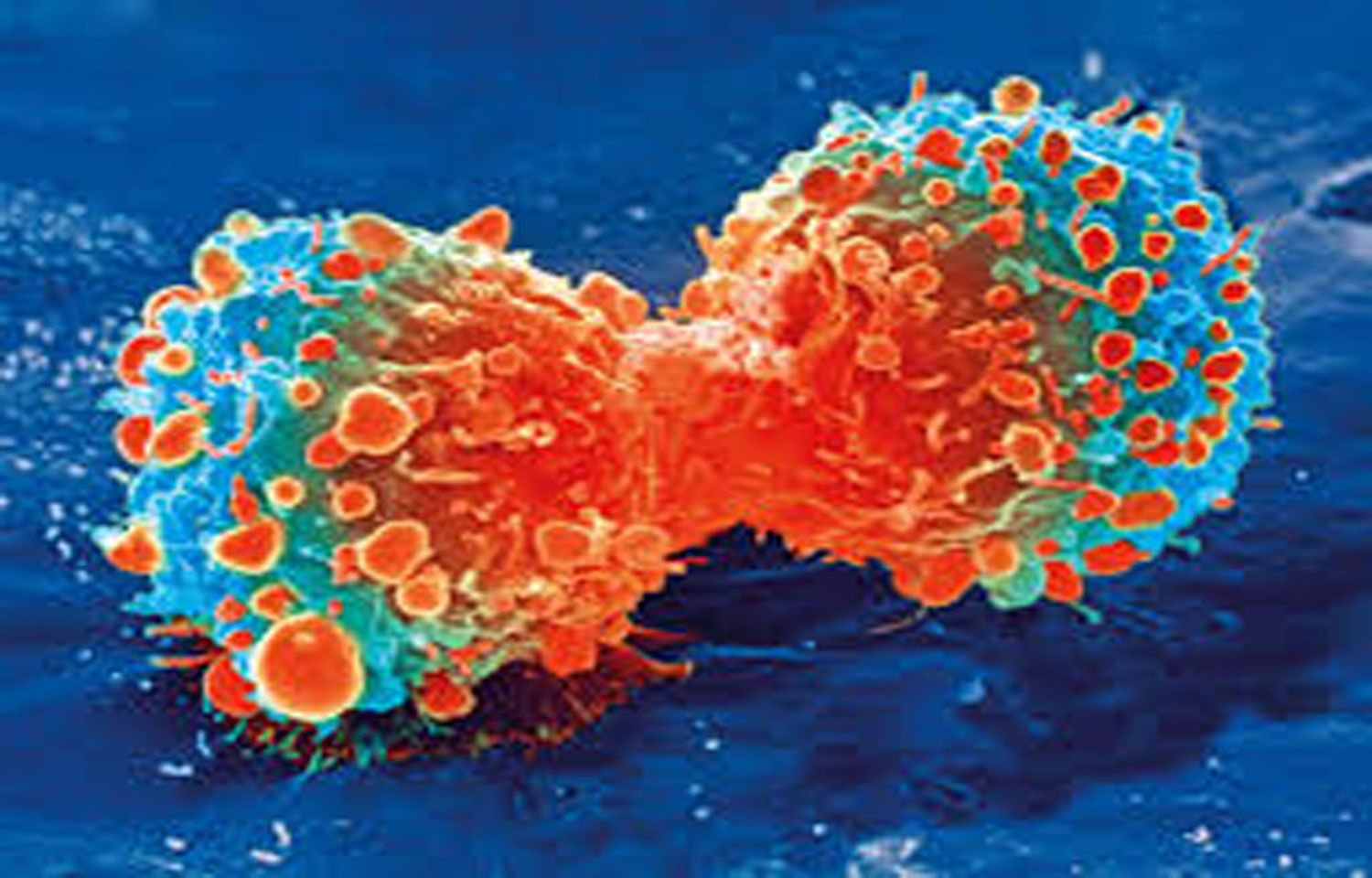A vital cancer development pathway was uncovered in 90% of cancer cells, according to research. This research will drive the following development of cancer-specific drugs with fewer adverse effects.
The study’s findings were published in the journal ‘Nucleic Acids Research.’ Telomeres and protective caps at the ends of chromosomes control the life span of a typical healthy cell. Each time a cell divides, the telomeres shorten until they are no longer long enough to safeguard the DNA and the cell dies naturally.
Characteristics Of Cancer cell
Cancer cells, on the other hand, survive by reactivating telomerase, an enzyme that can lengthen telomeres but is dormant in most adult cells.
Cancer cells can proliferate and grow endlessly in the body if the Human Telomerase Reverse Transcriptase (hTERT) gene is activated.
According to studies, telomerase is reactivated in up to 90% of malignancies, making hTERT, which activates telomerase, an ideal choice for targeting cancer cells.
Because of the substantial negative effects on healthy cells, current efforts to cure cancer by suppressing telomerase with medicines have proven to be too hazardous for patients. The researchers discovered a unique DNA structure that only occurs in cancer cells and delivers the required molecular machinery into the precise location to activate the hTERT gene.
The exact process of hTERT activation described in this paper will be useful in developing medications that block hTERT selectively in cancer cells while causing fewer adverse effects.
“The most prevalent oncogenic event that gives cancer cells longevity is telomerase activation. We now know how to directly target cancer cells by inhibiting telomerase activity. This research will be used to build next-generation cancer inhibitors “Semih Akincilar, Senior Research Fellow at A*STAR’s IMCB and study lead researcher, remarked
GIS-generated patient-derived colorectal cancer cell lines were used to discover correlated gene expression for hTERT activation and determine the physiological significance of the findings in this work.
These models will be used as a test bed for future investigations targeted at developing cancer-specific telomerase inhibitors.
Also Read: Tracking everyday movement patterns may help diagnosing dementia: Study
Building on this findings, the team will engage with industrial and clinical partners to create cancer-specific telomerase inhibitors and advance them to the clinical stage.
Follow Medically Speaking on Twitter Instagram Facebook





